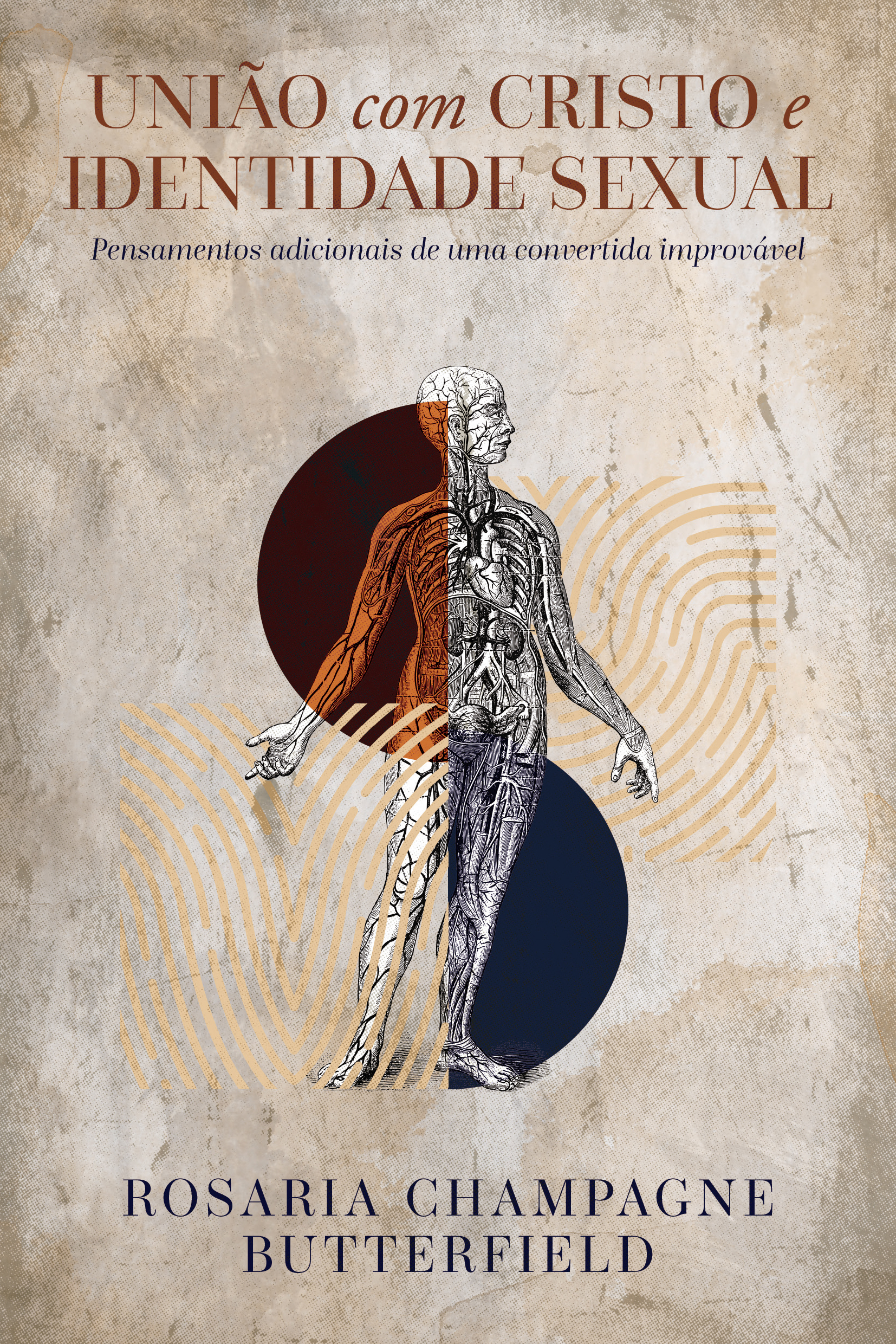What do you think?
Rate this book


258 pages, Paperback
First published July 1, 2015
“I am and always will be Rahab—a woman with a past. So, what does a person like me do with such a past? I have not forgotten. Body memories know my name. Details intrude into my world unpredictably, like when I am kneading the communion bread or homsechooling my children. I take each ancient token to the cross, for prayer, for more repentance, for thanksgiving that God is always right about matters of sin and repentance” – Kindle Location (KL) 631.
“Gay is a word that carries stigma because of God’s moral prohibitions against homosexuality. ... Because the Bible is clear on the point that homosexual practice is a sin, and because gay is a synonym for the implied desire for or practice of homosexuality, the stigma of this term is an act of God’s love, because God uses it to convict his children of their brokenness” –KL 2111.
“When we are owned by God, we are ruined for the world. And this marring of us for the world is one of the birthmarks of conversion” – KL 595.
“Temptation comes in many forms, but it is always personal, uncannily tailor-made for our individual moral weakness, and it takes aim at God’s character, seeking to ransack our faith” – KL 1343.
“Desires for things God has forbidden are a reflection of how sin has distorted me, not how God has made me” – Sam Allbery quoted on KL 2320.